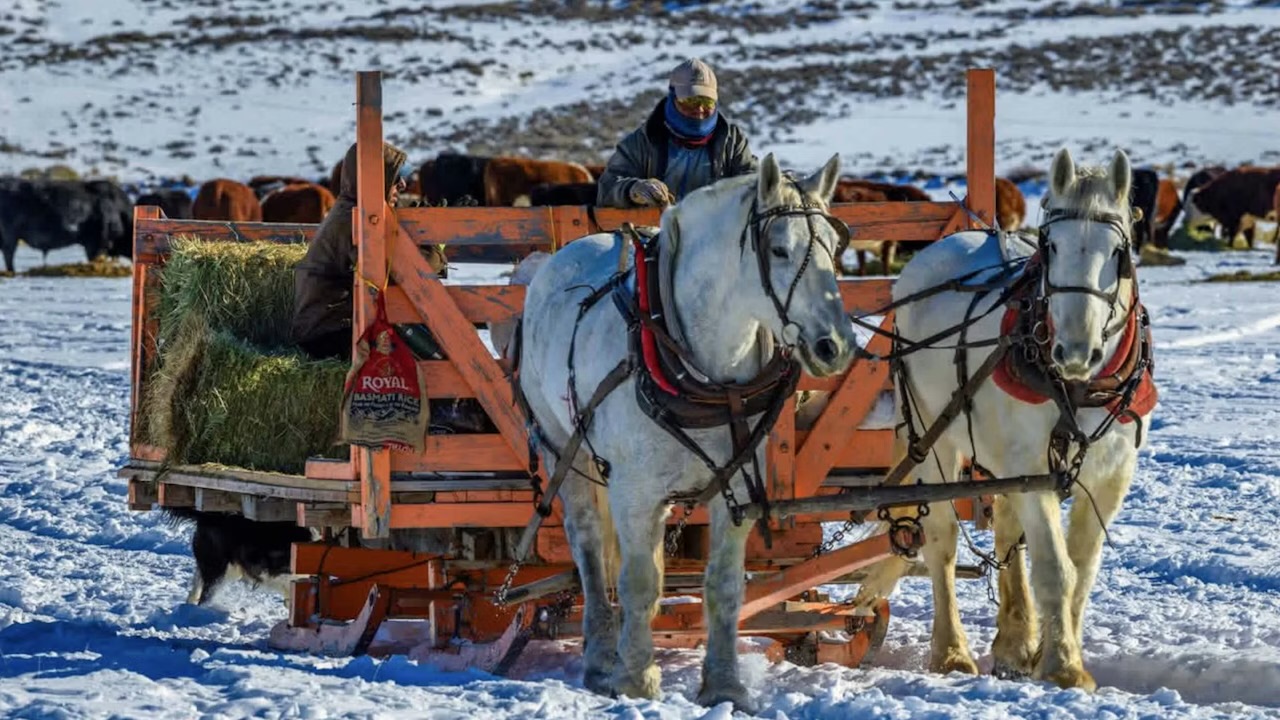TikTok has officially banned the hashtag #SkinnyTok following concerns from European regulators that it was promoting extreme weight loss and unrealistic body standards, NPR reports.
The decision comes after a surge in content featuring visibly underweight individuals offering rapid weight-loss tips, much of which was flagged as potentially harmful to users — particularly young women and girls.
While the hashtag itself is now blocked, experts caution that removing a single term does not eliminate the underlying issue. Content promoting disordered eating habits continues to circulate across TikTok and other social media platforms, often slipping through moderation by avoiding flagged language or using euphemisms. Posts featuring extreme calorie restrictions or visually glamorizing undernourishment can still be found, sometimes under broader or more ambiguous categories like “wellness” or “What I eat in a day.”
“There’s a lot of content in the gray zones,” says Brooke Erin Duffy, a social media researcher at Cornell University. “Regulating it is much more difficult, especially when users find creative workarounds to bypass platform restrictions.”
One example includes “What I eat in a day” videos, which can range from balanced meal plans to dangerously low-calorie diets. While some creators use the format to encourage healthy habits, others showcase minimal food intake that may appeal to those struggling with eating disorders.
Body-positive creators are attempting to counter this narrative. Influencer and athlete Kate Glavan, who has spoken publicly about her own experiences with disordered eating, uses her platform to raise awareness about the risks of glorifying extreme thinness.
“A lot of creators are explicitly promoting anorexia to their audience,” she said in a recent video, urging viewers to be critical of such content.
Despite these efforts, body-positive content often struggles to gain the same traction as posts featuring idealized thinness. Amanda Raffoul, a researcher at the University of Toronto who studies social media and eating disorders, notes that negative imagery tends to have a more lasting impact and greater reach.
“Algorithms amplify certain types of messaging,” she says, “often targeting those who are already vulnerable.”
TikTok, in an emailed statement, said it regularly reviews safety protocols and has taken measures such as blocking search results for #SkinnyTok and redirecting users to the National Alliance for Eating Disorders. The company also restricts video visibility for teen accounts and partners with advocacy groups to promote healthier content guidelines.
Still, critics argue that more systemic change is needed. Megan Jayne Crabbe, author of We Don’t Make Ourselves Smaller Here, views the hashtag ban as a “surface-level plaster on a deep wound.” She points to the resurgence of thinness as the dominant beauty ideal, fueled in part by the popularity of new weight-loss drugs.
Others in the space, like model Nyome Nicholas-Williams, say the broader “body positivity” movement has lost momentum and become increasingly commercialized. Nicholas-Williams, who publicly challenged Instagram’s content moderation practices in 2020, now embraces “body neutrality” over positivity.
“People speaking up and being brave — that’s what it takes,” she says.
Researchers and advocates agree that the influence of social media on body image is not new, but the scale and speed of exposure are unprecedented. Raffoul emphasizes that platforms profit from prolonged user engagement, even when the content poses psychological risks.
“It will likely take legislative intervention to force meaningful change,” she says. “Until then, the most effective protection might be simply choosing not to engage with harmful content at all.”










The latest news in your social feeds
Subscribe to our social media platforms to stay tuned